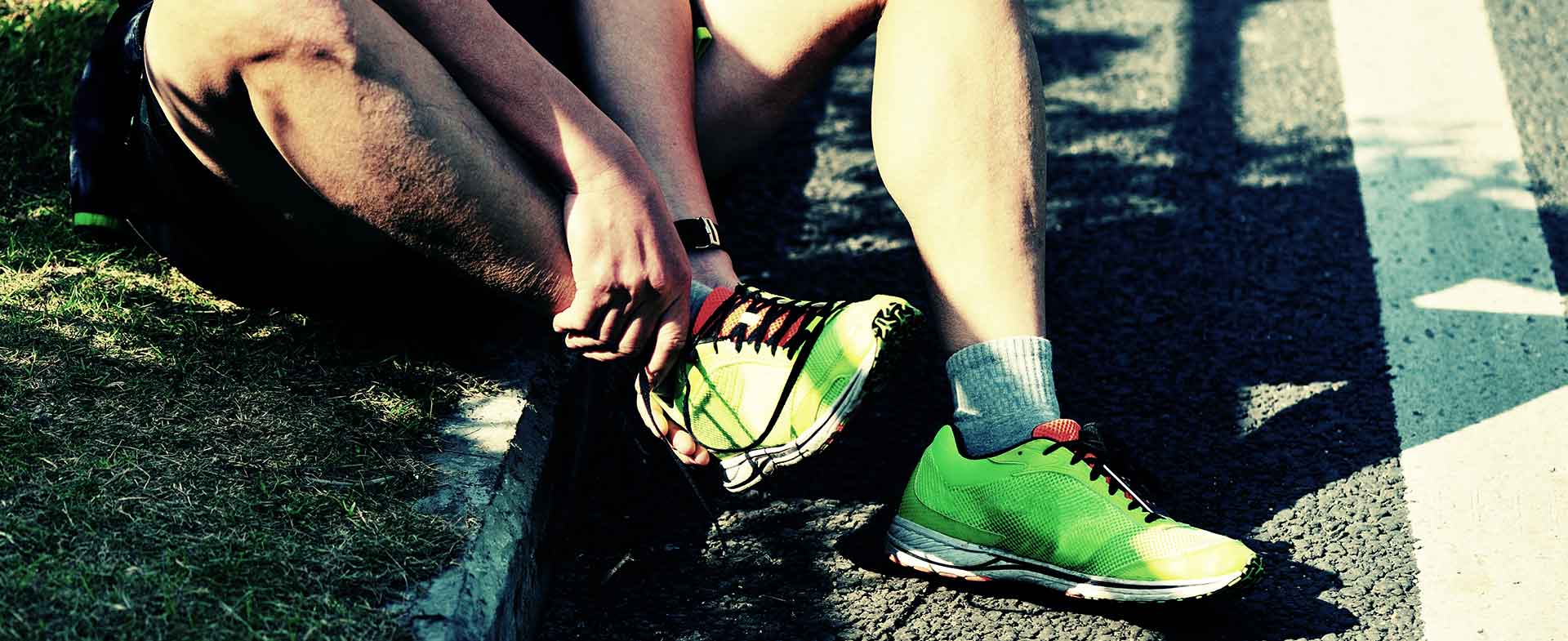Ever feel bizarre twitches in your arms or legs after a workout? Chances are, you were experiencing muscle spasms. While these odd sensations are surprisingly common, they can still be off-putting.
"When your muscles are lacking blood flow, they spasm," says Jamie Schwab, an athletic trainer at Henry Ford Health. "The spasms are just your body's way of sounding an alarm that something is wrong."
Muscle Spasms Explained
Spasms happen when your muscles are overworked. While these minor annoyances can strike almost any body part, they tend to occur in large muscle groups, like the abdomen, arms and legs. If you're a runner, for example, you're more likely to feel spasms in your abs and calves.
"The muscle twitches or spasms to increase blood flow to the area," Schwab says. "It's like the muscle’s way of trying to reboot."
Fortunately, there are a number of things you can do to prevent muscle spasms and stop them quickly when they happen. The key, of course, is learning the reason why your muscles are spasming.
A handful of potential culprits:
1. You're overworking specific muscle groups. Muscle fatigue triggers twitching and cramping in overworked muscle fibers. If you continue working a muscle that's already fatigued, ultimately you're going to plateau and max out.
The fix: Switch things up. Worked your chest and biceps on Monday? Focus on your back and triceps on Tuesday.
2. You're dehydrated. No matter what your preferred activity, if your body doesn't have the fluid and electrolytes it needs to perform, your muscles are likely to give out. Sweat a lot when you work out? That can lead to an electrolyte imbalance. If you're lacking electrolytes, your muscle fibers may start twitching.
The fix: Make sure you're drinking enough water for your activity level. A safe hydration guide:
- Drink about 20 ounces of water at least 2 hours before exercise.
- Drink 8 to 10 ounces for every 10 to 20 minutes during exercise.
- After your workout, rehydrate with 16 to 24 ounces of water for each pound lost from sweat.
3. You're not fueling up appropriately. Spasms are more likely to happen if you're not fueling your body with proper foods and nutrition. "No matter what your preferred activity, you need carbohydrates for energy," Schwab says. You may also want to steer clear of acidic foods because acids can make your belly revolt during exercise.
The fix: Eat a balanced meal about an hour or two before exercise, including lean protein, carbohydrates and healthy fats. A few options: Oatmeal with bananas and chopped nuts, toast with peanut butter and apples or plain Greek yogurt with berries.
4. You're not taking time for rest days. Rest days are very important, even if you're a hardcore athlete. "If you do bicep curl after bicep curl, or focus only on abs, your muscles are likely to tire out and cramp," Schwab says. "That's why rest days are so important."
The fix: Build rest days into your workout routine.
Curbing Muscle Spasms
In most cases, muscle spasms are preventable. Eating well, staying hydrated and ensuring you're not overworking your muscles can help reduce the incidence of spasms. But athletes also rely on a variety of unproven tricks — from sipping on Pedialyte to eating bananas — to help prevent cramping.
Schwab recommends a few strategies to help mitigate muscle spasms:
- Foam rolling: A self-massage strategy that allows you to roll out tension
- Cupping: An ancient deep tissue massage that features suction and decompression
- Trigger release: A massage technique that focuses on triggering and releasing muscles to reduce tension
If the spasms persist despite making appropriate lifestyle changes — eating well, staying hydrated and giving your muscles a break — talk to your doctor. "You may be taking medications, such as blood thinners, that are causing or exacerbating the spasms," Schwab says. "In any case, a thorough workup may be in order."
To find a doctor at Henry Ford, visit henryford.com/sports or call 313-651-1969.
Jamie Schwab, AT, ATC, SCAT, CSCS, is an athletic trainer with Henry Ford Sports Medicine and works with student athletes at Edsel Ford High School. She is a National Strength and Conditioning Association certified strength and conditioning specialist.



